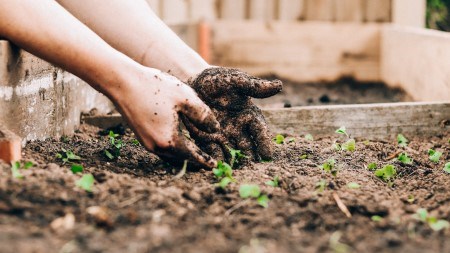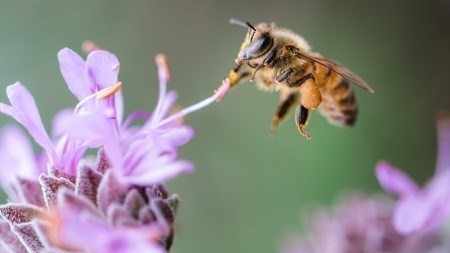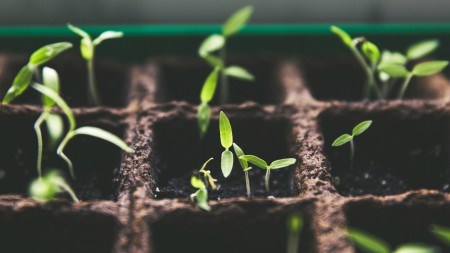According to Stodels Garden Centre in the Western Cape, a recent study by the Royal College of Physicians shows increasing evidence that exposure to plants and green space - particularly gardening - is beneficial to mental and physical health.
Although the bounty of fresh vegetables and herbs is incentive enough, there are many other benefits to starting your own food garden.
The increased physical activity – walking, bending and digging while you plant and harvest – will keep you healthy and fit throughout the summer.
Spending time outdoors, breathing fresh air and looking at the greenery will also have a positive impact on your mental health.
How to get started
Itching to get your hands dirty?
Fortunately, food gardening doesn’t require particularly pricey tools. Instead, hand forks, hand trowels and secateurs should be all you need to plant and maintain your new food garden.
Vegetables
Great starter vegetables for summer include: Tomatoes, Cucumber, Eggplant, Chillies, Lettuce, Carrots, Broccoli, Beetroot, Cabbage, Cauliflower, Celery, Peppers, Onion, Leeks.
Herbs
Among the herbs, consider planting: Sweet basil – annual or perennial, Rocket, Marjoram, Thyme, Oregano, Rosemary, Chives, Parsley, Fennel.
Rosemary pairs well with lamb and chicken. Chives pair well with potato salad. And a mint sauce is delicious with any lamb dish, but especially a roast.
Seeds
Most summer vegetables and herbs can be planted from seeds. If you’ve never grown your own veggies from seeds before, now’s the time to start. It’s cost-effective and gratifying to see the tiny plants appear above the ground after you have been nurturing them.
Veggies that grow easily from seed include: Radish, Beans, Lettuce, Spring onions, Cherry tomatoes, Peas, Rocket, Beetroot, Nasturtiums, and Asian greens like Mizuna and Bok choy.
The best sowing method for vegetables is dependent on the size of the seeds.
For small seeds such as carrots and lettuce:
- Prepare the soil by removing all soil clods, weeds and stones.
- Mix in lots of compost and seedling food and level the ground with a flat piece of wood.
- Mist the soil with water and then lightly sprinkle the seeds on top of the soil in small amounts.
- Use a thin layer of compost and seedling mix to cover the seeds and mist with water again.
For medium seeds like Swiss chard:
- Can grow successfully in furrows.
- Plough a trench twice the size of the seed.
- Carefully spread the seeds in these furrows.
- Cover with soil and water well.
For large seeds such as beans and squash:
- Simply poke holes in the soil - twice the depth of the seed diameter - and drop in the seeds.
- Cover with soil, firm the soil down and water the area well.
General sowing tips
Seeds should be kept moist until they germinate. Once the seeds germinate, reduce watering, this encourages deep root development.
- Use protective netting to protect young seedlings from birds and ward off snails by surrounding seedlings with crushed eggshells.
- If you sow your seeds too thickly - particularly smaller seeds - wait until the seedlings are about 7 cm tall before thinning them out.
- A growing kit is handy as it comes with biodegradable sowing pots that you can plant directly into the soil. The pot will disintegrate and add nutrients as the seedlings grow.
Go organic
Adding organic matter, for example, compost and aged manure or using mulch or growing cover crops - green manures - is the best way to prepare the soil for planting. It also helps to retain water, so you don't have to water often during the hot summer months.
Adding chemical fertilisers will replenish only certain nutrients and do nothing to maintain good, friable soil or keep it moist and cool.
If well implemented, the guidelines provided above will help to ensure a delicious and fruitful summer food garden.




